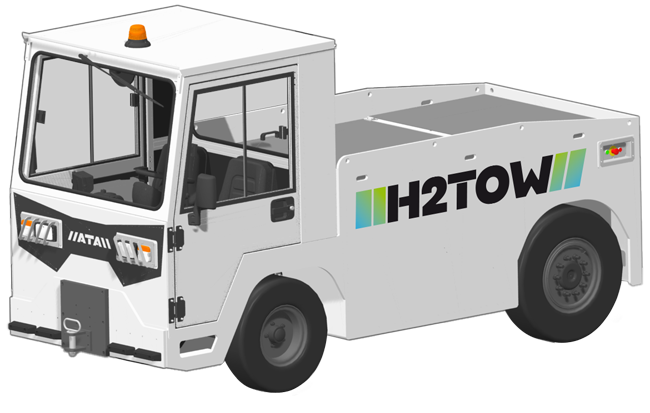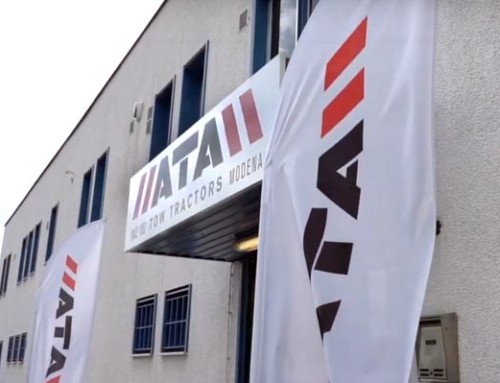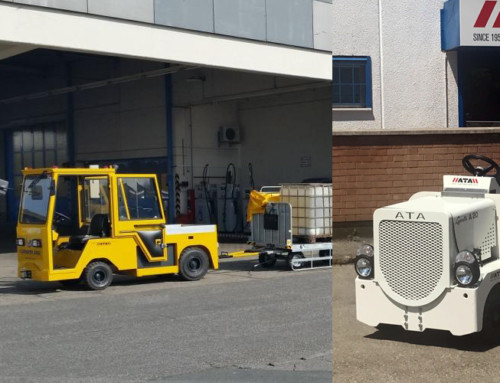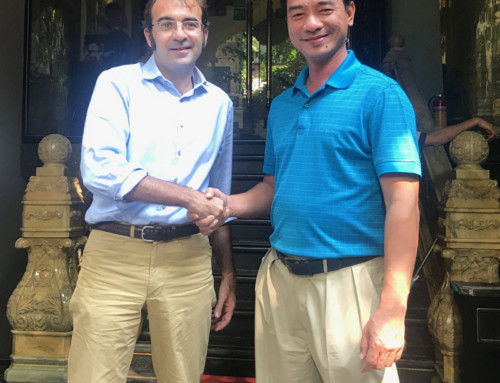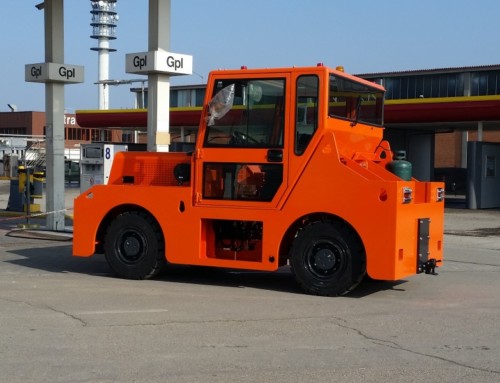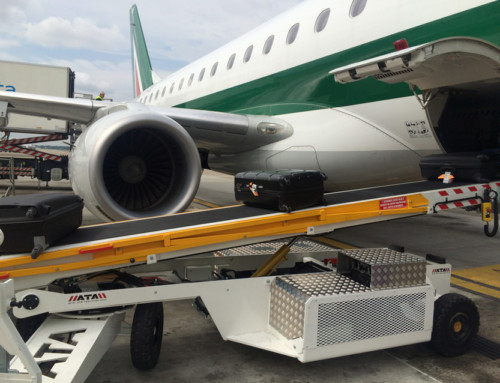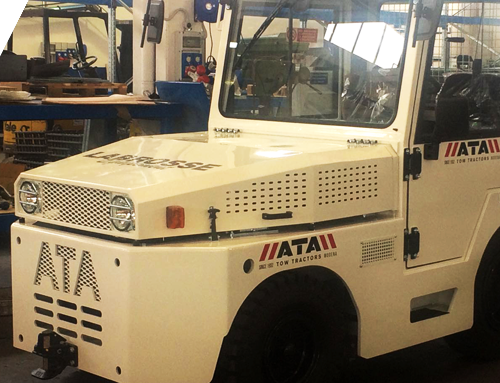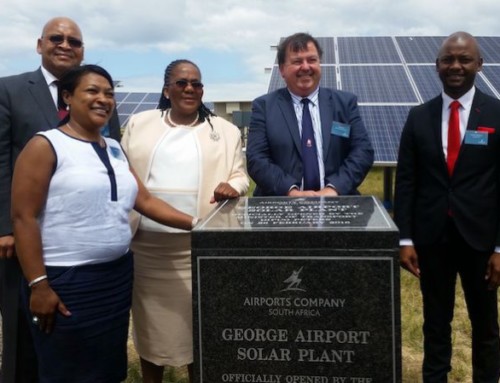Large logistics hubs face significant challenges in transitioning to electrification due to insufficient charging infrastructure and power supply capacity. This issue risks delaying the clean energy shift in critical locations such as ports, and large markets. H2TowTractor addresses this problem by promoting the adoption of hydrogen-powered vehicles and integrating them with renewable energy sources available at these hubs. The project includes a hydrogen refueling station capable of producing the required hydrogen for a small fleet.
The project aims to demonstrate in two sites in Bologna (CAAB market) and Bilbao (Port) the advantages of hydrogen-powered vehicles over pure electric vehicles in scenarios such as 24/7 ramp handling or limited overnight use, where high peak loads and long charging times make electrification impractical. By utilising a practical hydrogen retrofit kit provided by ARCO, H2TowTractor can convert existing electric ATA vehicles to hydrogen without requiring new registrations or incurring additional costs, making it an immediately applicable and scalable solution.
Key objectives of H2TowTractor include:
- Increasing adoption of hydrogen vehicles: Encouraging hydrogen vehicle use through proven, scalable technology.
- Developing a hydrogen retrofit kit: Creating an optimised fuel cell stack paired with a lithium-ion buffer battery for seamless integration into existing lead-acid-powered vehicles.
- Refining hydrogen production and delivery: Establishing efficient refueling strategies and evaluating self-production capabilities for hydrogen.
- Improving useracceptance: Enhancing trust in hydrogen technology by addressing safety and usability concerns.
This project directly supports the decarbonisation of logistics hubs by offering a sustainable alternative to traditional vehicles. Through collaboration with key stakeholders and leveraging tested technologies, H2TowTractor delivers a practical, cost-effective solution that accelerates the adoption of clean energy vehicles.
The project took place at major logistics hubs (the EU’s largest vegetable market in Bologna and the port Passaia in Spain), involving industry experts and stakeholders, to ensure real-world feasibility and impact.
